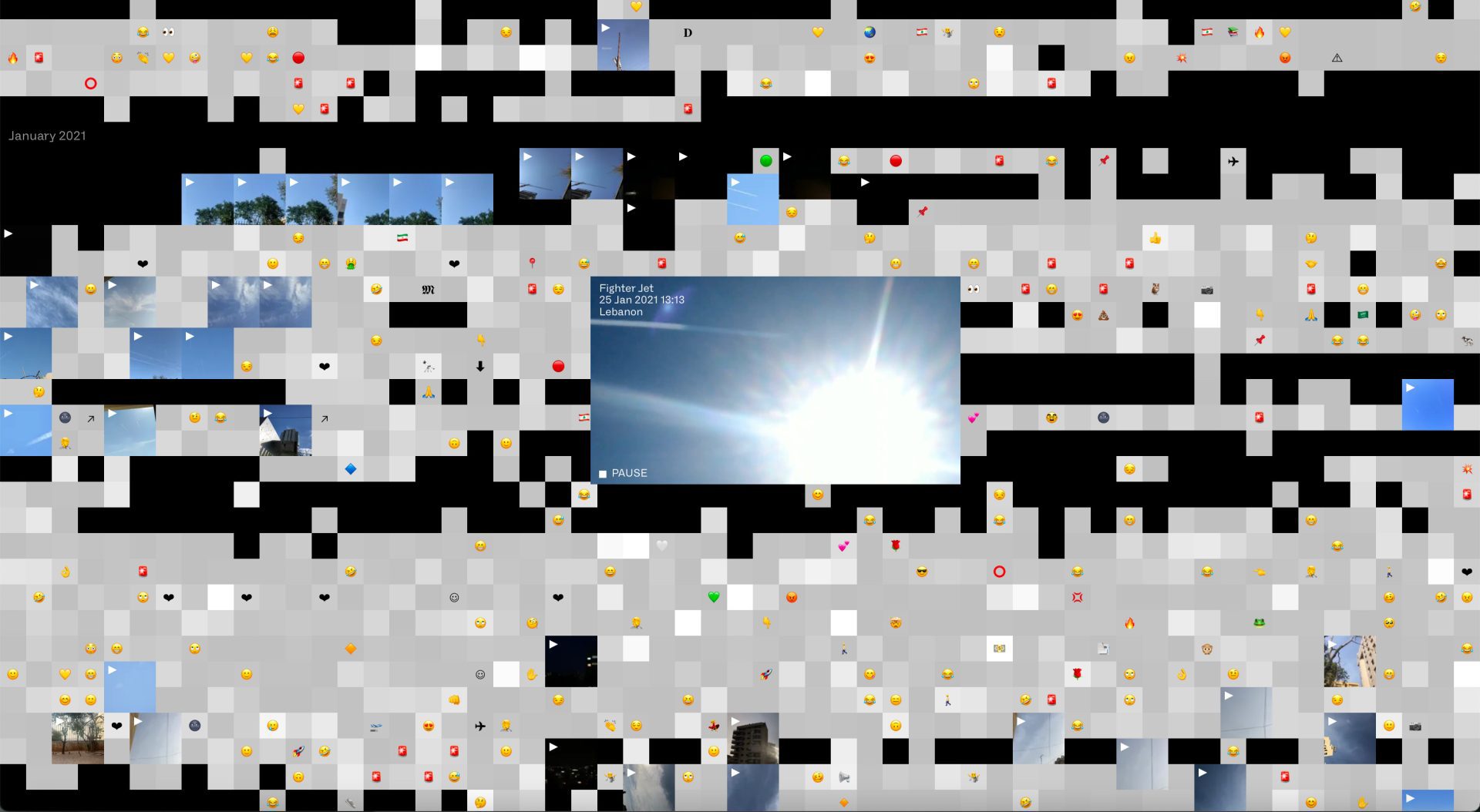AFIELD Transitional Justice Grant

The AFIELD Transitional Justice grant will distribute 4 grants of US$10,000 each awarding ideas and projects by artists and cultural workers that engage with, advance, and contribute to the process and mechanisms of transitional justice in various contexts.
In contexts marked by systemic oppression and conflict, legal efforts toward justice and reparations often fail to bridge the gap between formal proceedings and the real needs of those seeking accountability for the harm inflicted upon them. This reality resonates deeply with victims of wars and armed conflicts globally, where perpetrators frequently evade justice and victims’ desires for redress remain unmet. This disparity is equally felt within societies grappling with economic corruption, environmental injustices, and other forms of systemic oppression.
Transitional justice, a concept pioneered by legal scholar Ruti Teitel in the 1990s, encompasses “the full range of diverse processes and mechanisms used by a society to address massive past abuses, with a view to establishing accountability, providing justice, and enabling reconciliation.” One of our AFIELD fellows succinctly described it as “the accompanying of victims between the crime and when justice is achieved.”
At its core, transitional justice centers on individuals and communities within a society who have endured severe human rights violations—victims, survivors, and perpetrators—recognizing the complexity and layered nature of their roles and identities. It seeks to uphold their rights and dignity as citizens and human beings, while pursuing accountability, acknowledgment, and redress for the harms they have endured.
Preceding this open call, AFIELD organized an online seminar bringing together artists, legal professionals, and intellectuals to share examples and case studies of cultural initiatives striving for justice. Over three days and with eleven presentations, we deepened our understanding of artists’ roles in the transitional justice process.
The seminar sessions explored artists’ contributions to the collection and documentation of data on conflicts, highlighting the indispensable role of archives in pursuing justice. Many initiatives were led by those who have experienced discrimination, suffering, and survival, offering spaces for healing and preserving memories for future generations. Some projects had progressed to stages where reconciliation and repair were manifest through economic transactions and forms of repatriation.
For further insight, please refer to the case studies and findings from the AFIELD Seminar: Artists & Transitional Justice, along with additional reading materials, to gain a comprehensive understanding of this important topic.
Invitation
We invite artists of any discipline and cultural workers to submit applications with existing projects/initiatives or with implementable and viable ideas. Please complete the application via this form.
Please note that we are only able to review the first 50 submissions received. As such, while the submission deadline is 19 May, we encourage applicants to submit the Open Call as early as possible. Submissions will be reviewed by AFIELD’s team and invited experts.
Timeline
15 April: Launch Open Call for AFIELD Transitional Justice Grant
10 May: Submission / application deadline
30 June : Announcement of selected projects
Photo: Lawrence Abu Hamdan, On the Ground, 2022 – Courtesy of the artist
